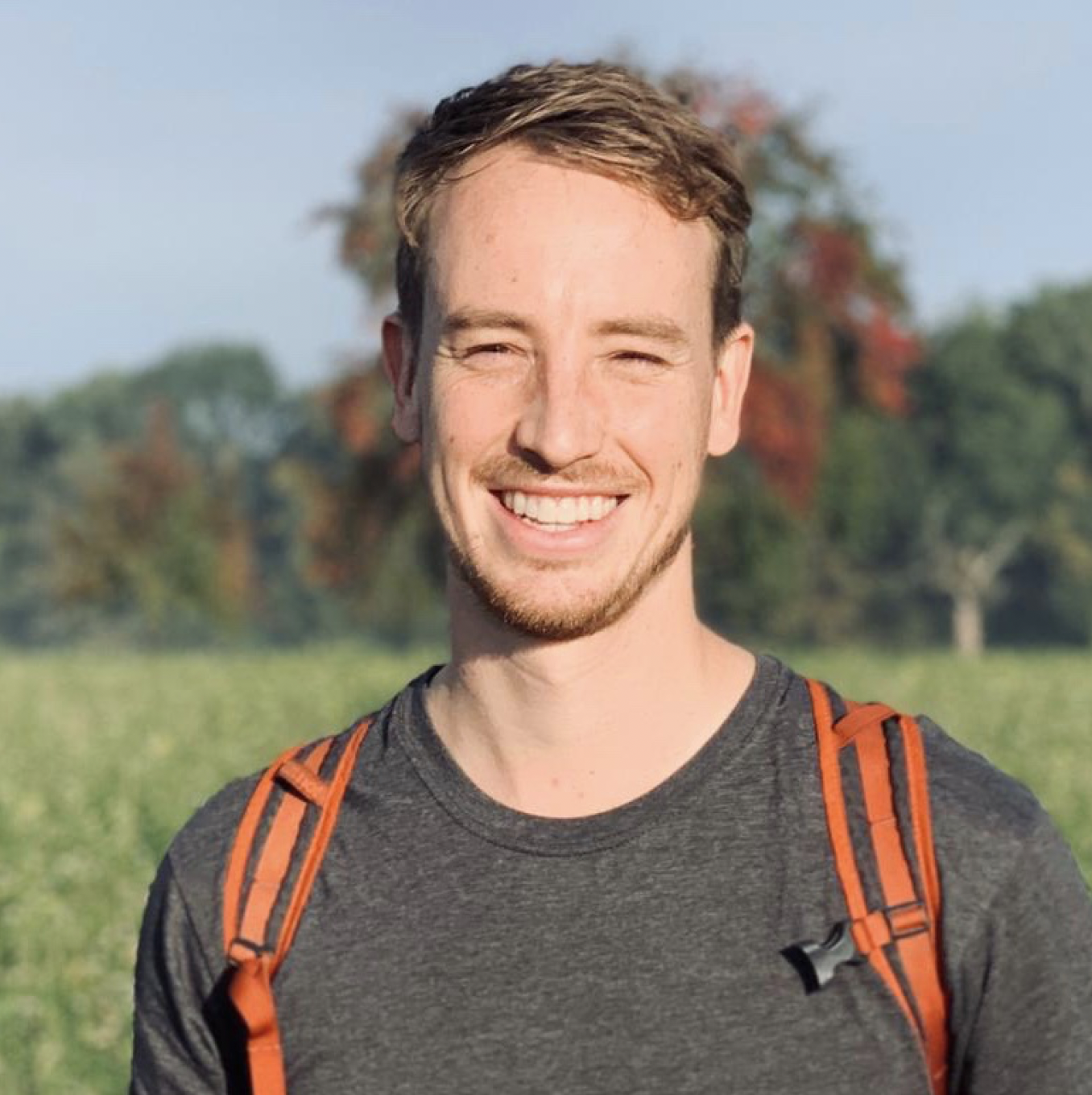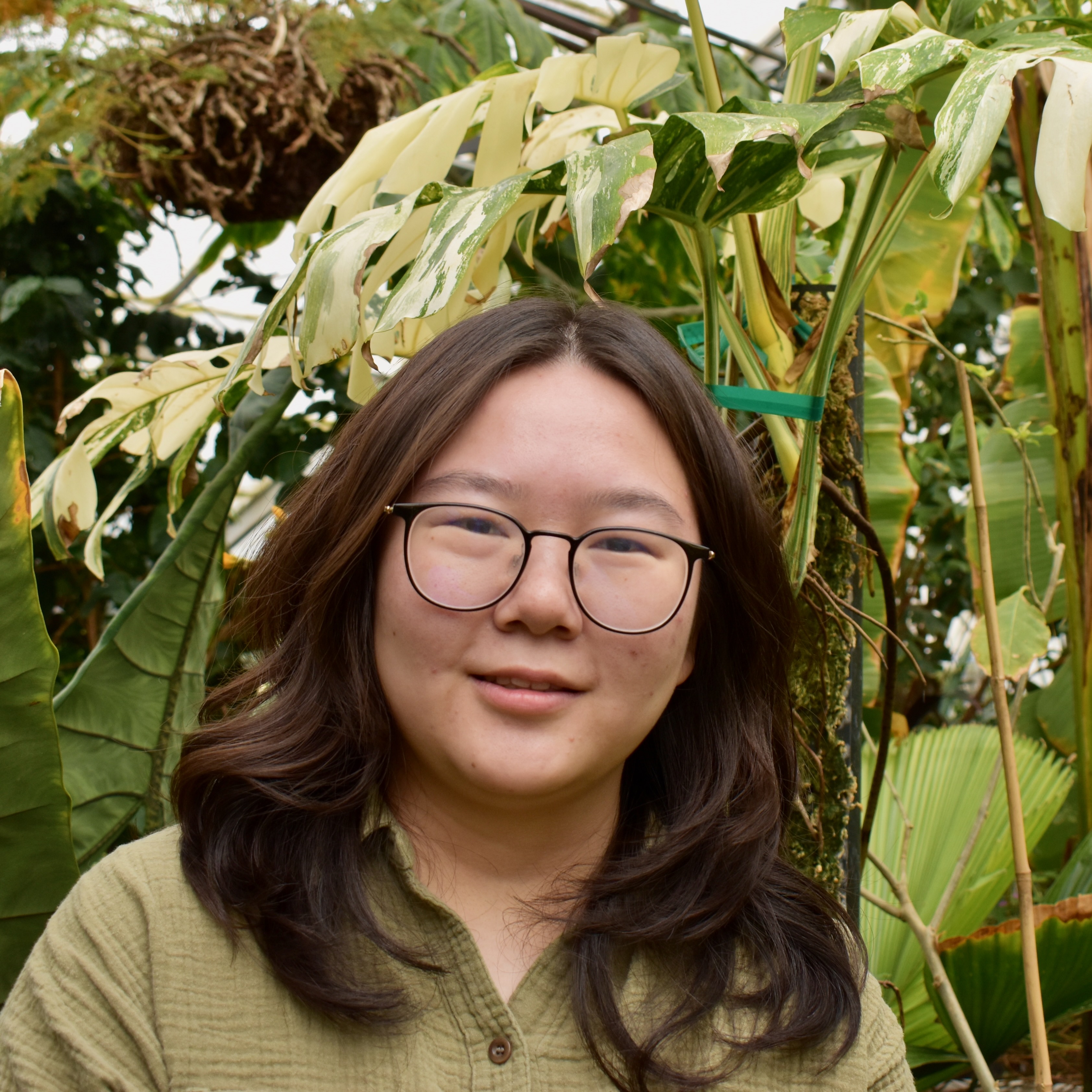2026 Invited Speakers
Thank you to our invited speakers for sharing their exciting research!
-

Featured Corteva Speaker
Please check back at a later date for the reveal of our partner speaker.
-

Pablo J. Zarco-Tejada
National Research Council (IAS-CSIC)
Dr. Pablo J. Zarco-Tejada leads QuantaLab Remote Sensing Laboratory at the Institute for Sustainable Agriculture (IAS), part of the Spanish Council for Scientific Research (CSIC). He is also Honorary Professor at the University of Melbourne, Australia. His research centers on remote sensing technologies for detecting biotic and abiotic stress in vegetation, particularly water stress, with a strong focus on hyperspectral and thermal imaging. He earned an Agricultural Engineering degree from the University of Córdoba in Spain, a Master of Science in Remote Sensing & Image Processing in Scotland, UK, and a PhD in Earth and Space Science at York University, Canada. His international academic and research career includes appointments as a contract faculty at the University of California, Davis (USA). He also served as Director of IAS-CSIC (2008-2012), Senior Scientist at the Joint Research Centre (JRC) of the European Commission (2012-2018), and a full professorship in Remote Sensing at the School of Agriculture and the Faculty of Engineering, University of Melbourne, Australia (2018-2024). Recognized for his scientific contributions, Dr. Zarco-Tejada has been consistently named a Highly Cited Researcher since 2019, reflecting the significant impact of his work in the fields of remote sensing of vegetation using drones and piloted aircraft. He has authored more than 200 peer-reviewed scientific publications in leading international journals.
-

Michael Kotutwa Johnson
University of Arizona
Dr. Michael Kotutwa Johnson is an Assistant Professor/Extension Specialist of Indigenous Resilience at the University of Arizona’s School of Natural Resources and the Environment and a core faculty member of the Indigenous Resilience Center. Dr. Johnson is a Hopi tribal member and avid Hopi dryland farmer. He often mentions he is a 250th-generation Hopi farmer. His research focuses on Indigenous Land Use Management schemes, such as Indigenous agriculture and the intersections of policy, science, and law. His academic work consists of peer-reviewed journal articles and tribal outreach. He recently started the Fred Aptvi Foundation, focusing on growing traditional Hopi crops, establishing a community seed bank, and developing a Hopi youth agriculture program that includes the Hopi language.
-

Ying Sun
Cornell University
Dr. Ying Sun is an associate professor in the School of Integrative Plant Science at Cornell University and a Faculty Fellow of Cornell Atkinson Center for Sustainability. Ying’s research program studies the role of terrestrial ecosystems in regulating climate-biosphere-hydrosphere interactions and applies mechanistic insights gained to generate societal benefits. Her research covers both natural and agricultural systems. Ying received her BS in GIS and remote sensing from Beijing Normal University in China in 2008 and PhD in climate science from the University of Texas Austin in 2013. She joined JPL/Caltech as a distinguished postdoc fellow before moving to Cornell. Ying is a recipient of the Early Career Fellow of the Ecological Society of America (ESA) and NASA Group Achievement Award of the OCO-2 Science Team.
-

José Dinneny
Stanford University
Dr. José Dinneny earned his BS in Plant Biology and Genetics from UC Berkeley. He pursued his Ph.D. at UC San Diego, under Detlef Weigel at the Salk Institute for Biological Studies and Martin Yanofsky in the Division of Biology, focusing on molecular genetic processes governing plant organ shape. As a post-doc, he joined the lab of Philip Benfey at Duke University, pioneering the use of Fluorescence Activated Cell Sorting (FACS) to create the first tissue-specific map of transcriptional changes during abiotic stress. José established his independent lab at the Temasek Lifesciences Laboratory (TLL) in Singapore, concurrently affiliated with the National University of Singapore’s Department of Biological Sciences. In 2011, he moved his lab to the Carnegie Institution for Science, Department of Plant Biology, and in 2018, he joined Stanford University as a Professor in the Biology Department. In 2024, he became an Investigator of the Howard Hughes Medical Institute.
-

Michael Allen
University of California, Riverside
Dr. Michael Allen is a distinguished professor emeritus at the University of California, Riverside. His research concentrates on understanding the effects of human activities on ecosystem biodiversity and functioning. Dr. Allen’s research has focused on three general areas: first, impacts of human activities on wildlands, especially perturbations on soil organisms and resources. Second, documenting how natural succession proceeds to inform ecosystem restoration. This has entailed research on Mount St. Helens, Alaskan Glaciers, mines, roadways, and tropical forests. Finally, bringing ecological science into the decision-making process. This has included work with the County of Riverside and southern CA regional agencies and efforts to incorporate ecosystem-management approaches into federal decision-making. Dr. Allen joined the faculty at UCR in 1998 and was recognized with the Distinguished Service Award in 2015. Prior, he served on the faculty of San Diego State U, Utah State U, and U of Nebraska. He has written, co-written and edited several books, including The Ecology of Mycorrhizae (1991), a foundational text in the field.
-

Marlene Simon
University of California, Davis - Botanical Conservatory
Marlene started gardening at the age of six when she would have her parents order bulbs off the backside of Parade Magazine. She continued her gardening experience with internships at Sunset magazine in their test garden and as a gardener at the Winchester Mystery House while a student. She is currently living her dream as the curator of the UC Davis Botanical Conservatory. It’s here where Marlene grows and cares for over 4,000 specimens of the world’s most exotic, strangest and rarest plants and flowers. In addition to years of practical experience, Marlene earned her degree in Horticulture at UC Davis. Her classroom is now her backyard sitting on 40 acres where she grows all sorts of plants. When not at the Conservatory she can be found bi-monthly on Good Day Sacramento where she is known as “The Plant Lady”. She is a former garden writer for the Sacramento Bee and has a podcast called Flower Power Garden Hour where she talks with guests on all things plants and gardening. She also lectures frequently on all aspects on gardening. In her spare time, her and her husband have a non-profit cat sanctuary – Lost Paws Feline Farm.
-

Vincent Colantonio
University of California, Davis - Tomato Genetics Resource Center
Dr. Vincent Colantonio is an Assistant Professor of Plant Genetics and the Director of the C.M. Rick Tomato Genetics Resource Center at UC Davis. The TGRC is a national and international gene bank that preserves tomato biodiversity and genetic stocks to facilitate tomato research, breeding, and education around the world. Dr. Colantonio’s current research focuses on the development of genomic resources and computational tools for mining genetic variation in tomato wild relative populations maintained at the TGRC. He leverages these resources to study how agronomically important traits evolve in wild plant populations and how to efficiently introgress useful variation into modern commercial breeding materials. Prior to joining UC Davis, he received his PhD from the University of Florida focusing on Plant Breeding and Genomics and was a Research Molecular Biologist at the USDA-ARS Plant, Soil, and Nutrition Research Unit in Ithaca, NY.
-

Juan Debernardi
University of California, Davis - Plant Transformation Facility
Dr. Juan Debernardi’s biography is forthcoming.
-
And more
from UC Davis
students and faculty!












